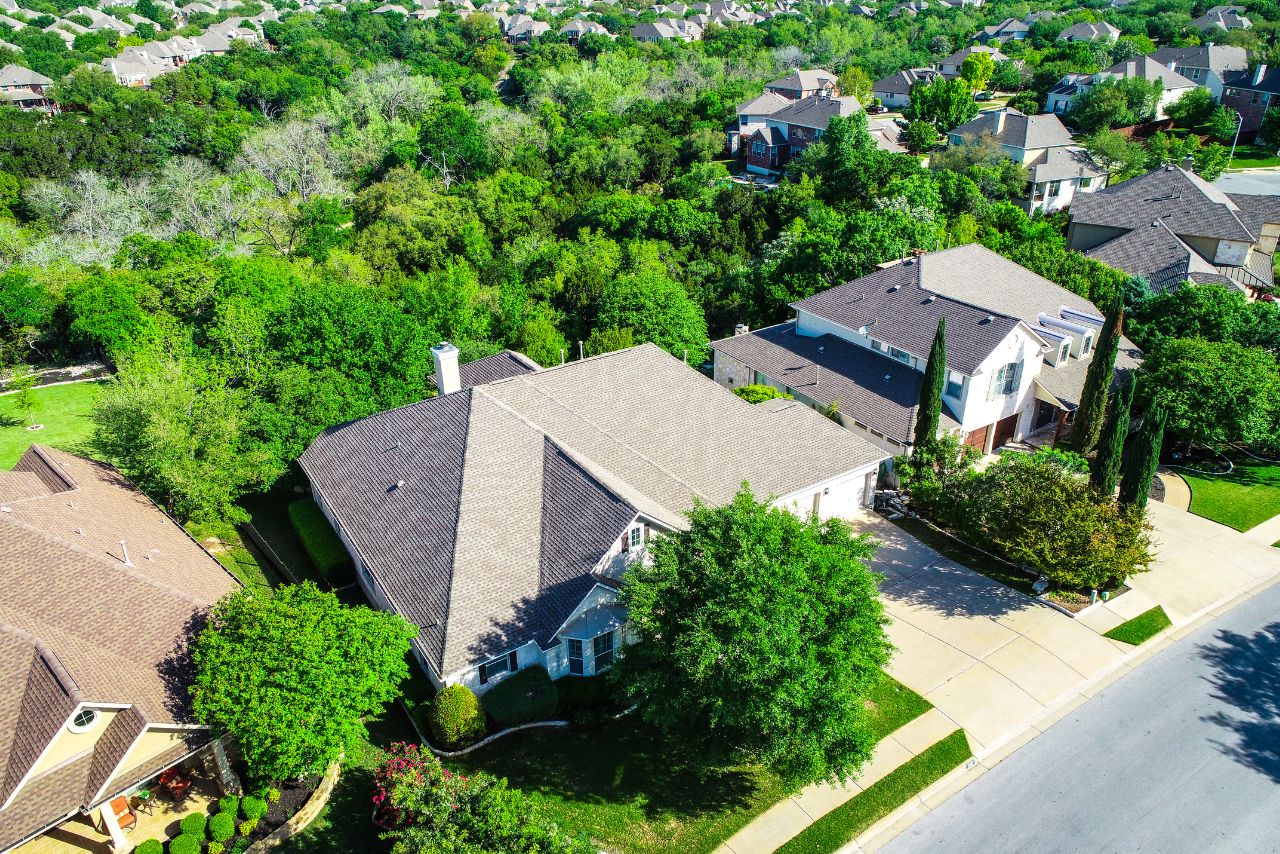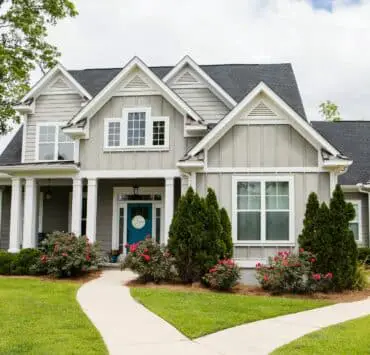The Austin real estate market is experiencing a notable shift as Austin home prices decline. This trend, highlighted by recent data from Redfin, signals significant changes in the local housing market. In this article, we delve into the factors contributing to this decline, its impact on the market, and what it means for buyers and sellers.

Austin Home Prices Decline
The Austin real estate market, once booming with rapidly increasing home prices, is now experiencing a downturn. According to recent data, Austin home prices have declined by 2.9% year over year. This trend is not isolated to Austin; San Antonio and Fort Worth have also seen declines of 1.2% each, alongside a 0.9% decline in Portland, Oregon. This marks the first time since January that multiple metros have experienced a year-over-year decrease in home prices.
Factors Contributing to the Decline
Several factors are contributing to the decline in Austin home prices. High mortgage rates and elevated housing costs are significant deterrents for potential buyers. The average mortgage rate recently surpassed 7%, causing the median U.S. monthly housing payment to soar to nearly $2,838. This increase in costs has led to a reduction in buyer activity, with pending home sales dropping by 3.8% year over year and mortgage-purchase applications falling by 4% week over week.

Another contributing factor is the increase in the number of home sellers reducing their asking prices. In the last four weeks ending June 2, 6.4% of U.S. home sellers cut their asking prices, the highest share since November 2022. Additionally, the typical active listing has been on the market for 46 days, an increase of 2.3% year over year, indicating that homes are taking longer to sell.
Impact on the Austin Real Estate Market
The decline in Austin home prices has various implications for the local real estate market. For sellers, the decreased prices may mean longer times on the market and potentially accepting offers below their asking prices. However, this situation can also present opportunities for buyers, particularly those who can negotiate effectively. As Bonnie Phillips, a Redfin Premier agent, notes, some buyers are successfully negotiating lower prices by presenting market data that supports their offers.

Moreover, the slowdown in new listings, which saw only a 6.9% year-over-year increase, suggests that inventory is losing momentum. This slowdown can be attributed to high mortgage rates discouraging homeowners from selling, as they are reluctant to give up their existing low rates in a sluggish market.
Future Outlook
Looking ahead, the Austin real estate market may continue to experience fluctuations as various economic factors come into play. While national home prices rose by 4.4% to an all-time high during the same period, early indicators suggest that this growth might soften soon. As mortgage rates and housing costs remain high, buyer activity may continue to wane, potentially leading to further declines in home prices.

The current trend of Austin home prices declining reflects broader economic pressures and shifting market dynamics. Both buyers and sellers need to stay informed and adapt to these changes to navigate the evolving real estate landscape effectively.
Related posts:
 Tenant-Based Rental Subsidies: A $7.9M Initiative in Montgomery County, Dayton
Tenant-Based Rental Subsidies: A $7.9M Initiative in Montgomery County, Dayton
 Mortgage Rate Surge: Navigating the April 2024 Increase
Mortgage Rate Surge: Navigating the April 2024 Increase
 New Home Sales in March 2024 Increase
New Home Sales in March 2024 Increase
 KBIS 2024’s DesignBites 10 Kitchen and Bath Innovators
KBIS 2024’s DesignBites 10 Kitchen and Bath Innovators
 Kentucky Rental Investment: $223 Million Boost for Housing in Four Counties
Kentucky Rental Investment: $223 Million Boost for Housing in Four Counties



